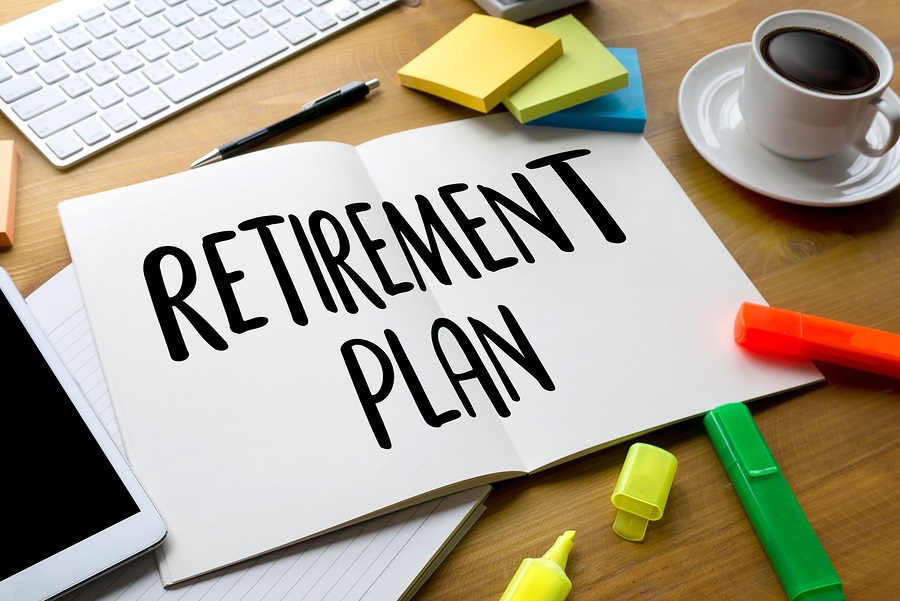Success Strategies for Retirement
How much superannuation do you need to retire? Your super is supposed to last 20 to 22 years, so hearing sums like $1 million might be frightening if you’re nearing retirement and don’t have that much. The sooner you start saving for superannuation, the better. But, you don’t actually need to be scared about that figure, you might not need anything close to that, depending on your lifestyle and desires in retirement.
Below is a guide on retirement planning by Omura Financial Advisors at each stage of life. The longer you put off retirement planning, the harder it might be to reach your desired lifestyle.
Early Retirement Planning
In your 20s, invest in yourself by investing in your education and certifications, you boost your talents and earning potential, and boost your financial future. Building a career in your 20s can assist your future.
Start using the time you have now: Here’s your chance to save and invest early with compound interest. Compound interest and net value increase with market time. If you let your interest compound, it will rise quicker. Start making frequent super contributions to maximize compound interest.
Debt wastes time: Bad debt should be avoided at this stage. Debt makes it difficult to make regular investments. Make an attempt to live simply and cheaply. This may involve packing a lunch or taking the bus to work, but it also means working off a debt, paying bills on time, and earning credit. Build an emergency fund early in life as a healthy alternative to a credit card or personal loan.
30-year-old superannuation
A time to enhance your revenue creatively.
People have never had more chances to diversify their income and be innovative than we have today. With online hustles, markets, and freelance work everywhere, it may be time to be creative and figure out what you can provide to enhance your revenue. If side employment isn’t your thing, negotiate a raise or explore a higher-paying career position. In your 30s, raise your income and invest for the future.
Diversifying income through an SMSF involves careful planning. Investors can explore opportunities like rental properties, dividend-paying stocks, fixed-income investments, and even alternative assets such as precious metals. Consulting with a financial advisor and conducting thorough research is crucial to ensure a successful and diversified SMSF and how to setup SMSF.

Prepare for Home Ownership.
Be ready to acquire a house and figure out your deposit and home financing. It may be time to consider insurance, not only for your house. Your family needs peace of mind if you lose your income, become sick, or die. Determine if you need life or risk insurance.
You may create a 10-year financial plan to get out of debt, buy a home, or invest in your career (further study or qualifications). Now is a good time to calculate how much you’ll need to retire comfortably so you can start saving early.
Discuss money and agree to manage your finances jointly.
If you have a partner, you must have the same money beliefs. Discuss your future goals, create a budget, and discuss where you agree and differ. Keep the talk nonjudgmental, but work it out. Healthy finances are crucial to a strong relationship, so prioritize them.
40-year-old superannuation
You should save three times your present salary for retirement.
Consult your financial advisor or retirement planner in Australia to make sure your investment portfolio meets your needs. You may want to revise and rebalance your portfolio, sell underperforming shares, and check your asset portfolio to determine whether it’s still operating the way it is expected.
Future planning is more important.
If you don’t have life insurance, get some today. As we age, health complications are more likely to arise. Injury or illness may have a major impact on families, especially if the primary income earner is affected. It’s important to assess what form of insurance you need at this point of life.
Is your family protected if you die?
A will specifies how assets are dispersed after death. Without a will, the state controls your assets. Having a will is wise if you have assets and dependents. Consult an Estate Planning attorney.
Overspending might hurt the overall picture.
Getting to this age may indicate a more relaxed and luxurious lifestyle. Regardless of age or stage, consider the budget before any significant buy. Your retirement aspirations shouldn’t be traded for a new automobile or a big house. Having a basic, modest lifestyle that you can afford can aid you in retirement.

Prepare your kids for the future while you plan yours.
Your youngster needs financial education to be prepared for adulthood. In their early years, we all want to give our kids what they need. The earlier you teach your kids about money, the more likely they are to develop excellent habits. Openly discussing spending and saving as a family and offering them financial tools (such as a savings account) would help them in life and keep their retirement plan on track, without being distracted by costs your older children could manage (like phone and car expenses).
Planning Retirement in Your 50s
Is your superannuation five times your salary?
At 50, five times your wage ensures a comfortable retirement. By 55, you should save seven times your salary to retire comfortably. Now is the time to get financial help if you don’t have enough super. Getting a financial advisor will help you retire affluent and worry-free.
If you haven’t paid off your house loan, you may need to decide whether to focus on this or your super. Over 55 implies decreased super taxes, salary sacrifice, and TRA pensions. These are the sorts of conversations you should have with a financial advisor to maximize your advantages.
Plan your 60s retirement
Wills
By the time you retire, you should have saved 8-9 times your salary. It is time to review your portfolio with your retirement planner and investment portfolio manager to ensure you have a mix of shares, property, and term deposits to minimize risks and maximize profits.
In your 60s, you may not need a large family house. It may not be financially sensible, therefore you may need to reassess your lifestyle and find a new home.
For such a massive aim, you must see an expert for personalized assistance. Reach out to a retirement planner or financial advisor today at Omura Wealth Advisers to get a strategy that matches your goals and objectives, circumstances, and schedule.

